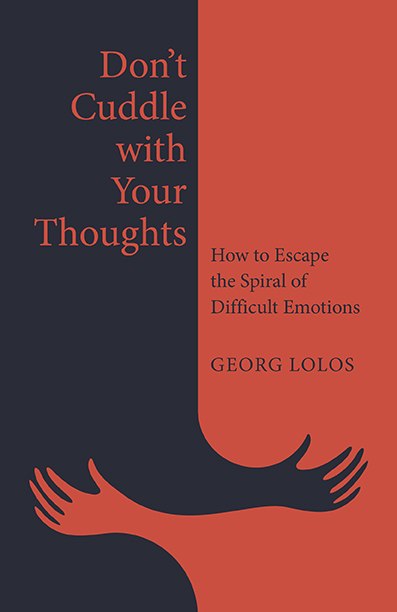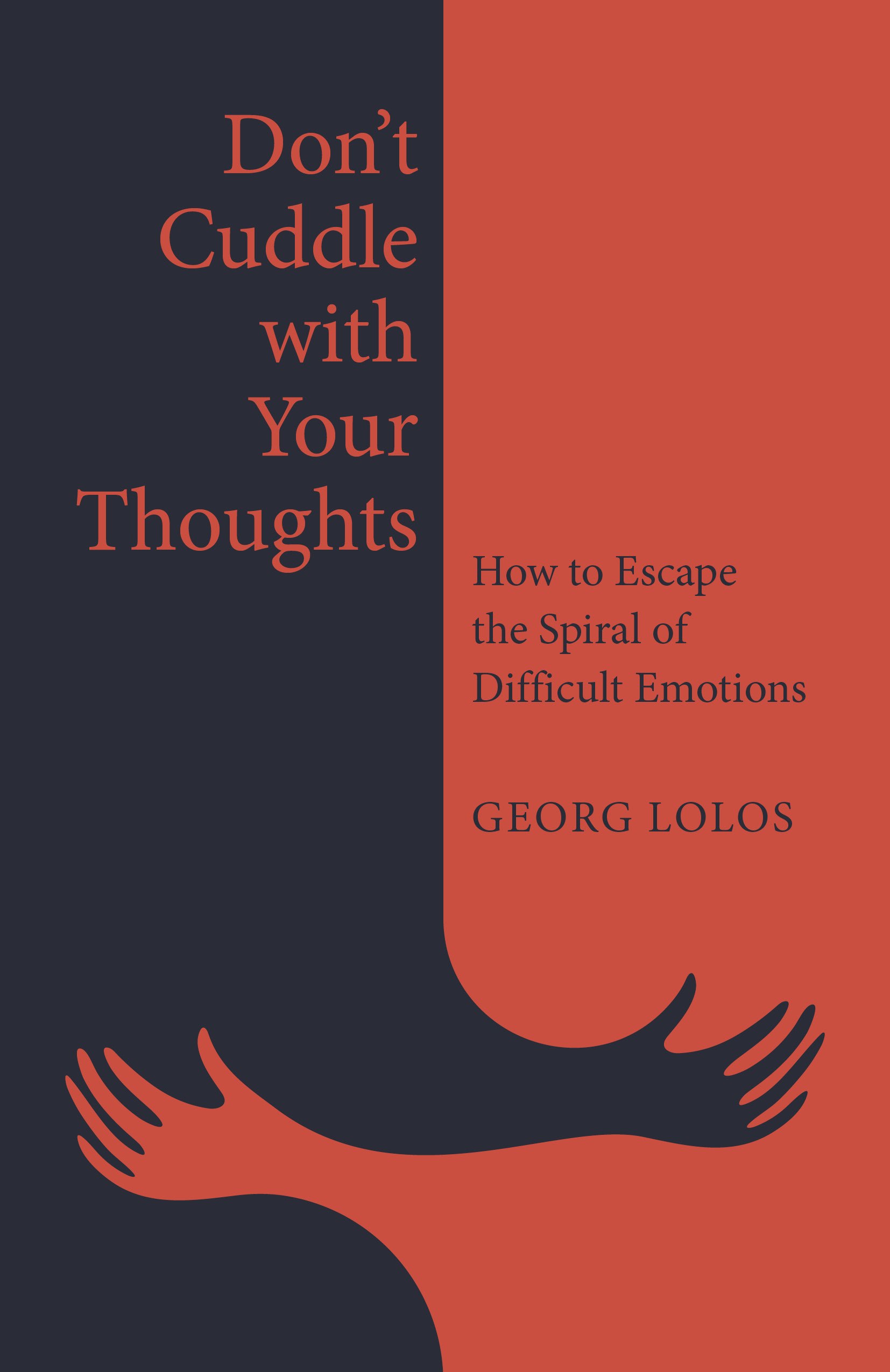How consciousness functions – and why mindfulness is our most urgent task

When you answer the question “How are you?” you usually describe the inner state you are experiencing in the here and now. Every person on this planet is experiencing some inner state at this moment. Perhaps you are feeling well at the moment. Other times you feel anger. you might feel anxious or exhausted and sometimes even depressed. What you convey with the answer to the question “How are you?” is your mental, emotional, physical and spiritual state at that moment.
Although this inner state of mind seems to affect only the single individual (yourselve), in reality it has much larger implications. I would even argue that this inner state is the most important thing that humanity should be concerned about. Because our emotional, spiritual and psychological state not only defines our own happiness or unhappiness, it also manifests in war or peace between nations and the degree of compassion we show towards nature and its creatures.
To understand why people’s inner states can have such far-reaching consequences, I will first explain how an emotional state develops in our consciousness.
We can roughly divide the development of an inner state into 3 phases..
Content
How an inner state arises
Phase 1: Perspective (Thoughts)
Our inner state is a perspective that we adopt in the here and now. It is the perspective from which we look at ourselves and at the world. This perspective arises as soon as we pay enough attention to a thought and believe it.
These are your 2 great powers: attention and belief.
For example:
If you are in an inner state in which you feel inferior, then you probably think I am “not good enough”, “not lovable”, “not intelligent”, “not attractive”, etc. Your attention must first turn to this thought (1st power) and then you must still believe it (2nd power), otherwise I won’t be able to maintain this perspective for very long.
If, on the other hand, you are in a state of “superiority”, then your thoughts will tend to take a direction of: “I know better”, “I can do better”, “I am better than you”, “It is my right to behave this way”.
Phase 2: Emotions
The associated emotions then appear immediately based on this inner perspective. It’s the law of cause and effect: because you have these thoughts, you have these emotions. When you are thinking inferior thoughts about yourself, you are likely to feel anxious, blocked, depressed, lonely, etc.
On the other hand, when you have thoughts of “superiority” you are more likely to feel pride, aggression, or impatience.
The more identified you are with an inner state – i.e. the more you believe your thoughts – the stronger the emotions you experience will be. From the perspective of “inferiority,” this means that the more you believe you are unlovable, the greater the anxiety and feeling of depression. Likewise, in the state of “superiority,” the more convinced you are of “being right,” the more angry or impatient you become.
Phase 3: Actions
The inner perspective (thoughts) and your emotions will now cause you to behave in a certain way. Let’s look at our examples again:
If you are in a state of “inferiority”, you may consume something (alcohol, drugs, media, etc.) to help you better endure the painful emotions of fear or loneliness. Or perhaps, to avoid being criticised, you try to do all you can to do everything right – because in this state your inner critic is already criticising yourself more than enough.
From the perspective of “superiority”, on the other hand, you may constantly criticise and devalue other people. You may even disregard laws because your delusions of grandeur lead you to believe you have the right to take what you want.
Your behaviour is directly related to the state you are in. The inner state of mind consequently has an impact on every aspect of your lives. It determines whether you are able to treat yourselves lovingly and also how you treat your children, partners and co-workers. This applies to every human being on this planet – from the shop assistant in the supermarket to the president of a country.
Example: Emotional states in a company
Let’s say the board of a company wants to make a decision about the future direction of the company. If the board members identify with a state of “greed”, they will mainly focus on maximizing profit as quickly as possible. Such a perspective usually brings harshness and ruthlessness. In this inner state, they will not care very much about the consequences for the environment, animals, and employees.
Example: Emotional states in politics
The inner states of politicians can have even greater consequences. For example, if the president of a state is in a combined state of “superiority” and “greed”, then he may go to war because he is convinced that it is his right to take what he wants. From this perspective, he does not care about the lives of other people – including his own people.
Let us summarise the 3 phases
- these emotions lead to actions
- an inner state is born from the interplay of your 2 powers: attention and your belief.
- this perspective generates certain emotions
Mindfulness as care for ourselves and the world
The inner state not only has far-reaching consequences for every single person, but also for society as a whole, for the environment and all living beings on our planet.
This is why it is so crucial that we begin to pay much more attention to people’s emotional, psychological and spiritual states. This is exactly what we do with mindfulness. Because if we don’t learn to deal with our inner states, then, in the long run, our inner states will deal with us.
When I came to Plum Village Buddhist monastery in 1999 and was introduced to mindfulness practice, my first thought was, “Why didn’t I learn this as a child?! I could have saved myself a lot of suffering!”
– Georg Lolos
Mindfulness is a form of inner self-care that is at the same time care for the world. The identifications described above, such as “inferiority” or “superiority” are like islands in the sea of our consciousness.
When we land on one, we identify with it and perceive from this point. On the other hand, when we become mindful, we do not occupy a particular island. Rather, we stay in the sea – the expanse – the space around the island. We observe – from a perspective of stillness, that does not identify with one state or another. From this value-free perspective we automatically experience more freedom, peace and compassion. This is the most natural, most original of all states. It is the silent presence of just being. A stateless state from which we can observe with more clarity and make wiser decisions.


